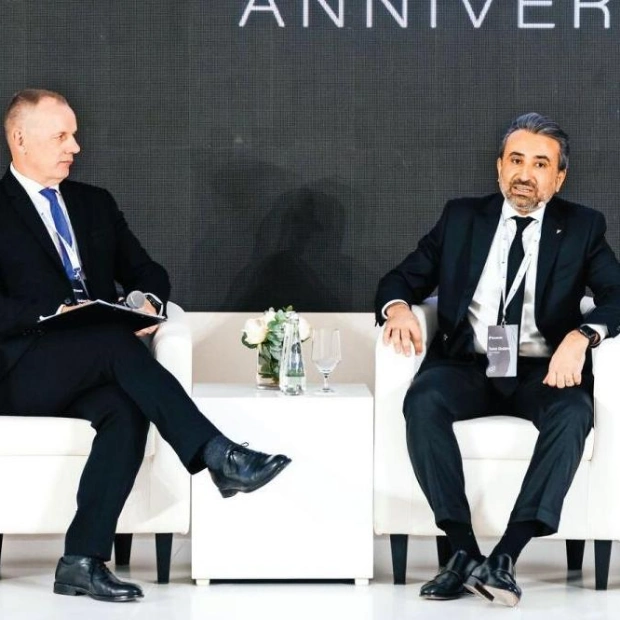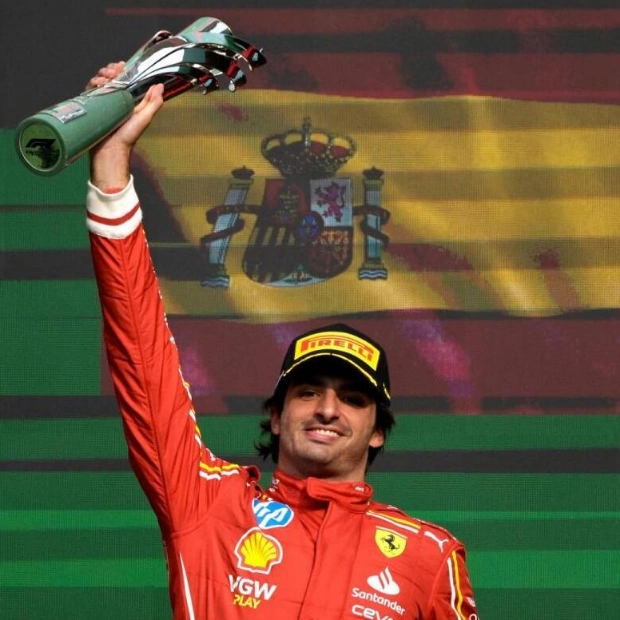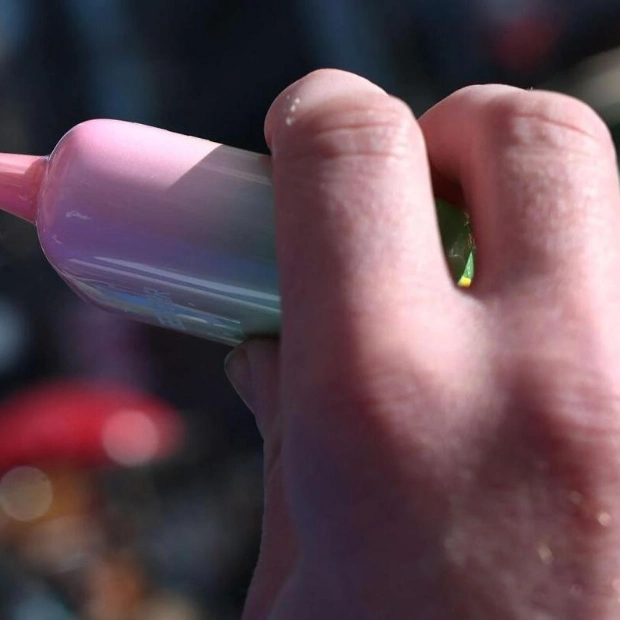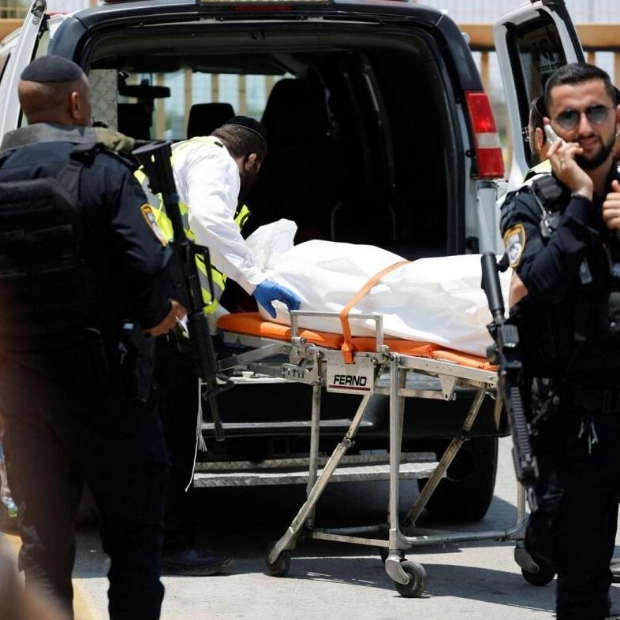London's Mayor Sadiq Khan on Thursday touted the success of his expanded pollution toll zone for motor vehicles, noting a decline in harmful air pollutant levels since its contentious implementation. According to a City Hall report, car emissions of nitrogen oxides were 13 percent lower than anticipated without the expanded pollution charging scheme, while vans saw a seven percent reduction. Khan's initiative mirrors similar low-emission zones aimed at enhancing air quality in over 200 cities across 10 European countries. The report, which covers the initial six months of the expansion, estimates that the reduction in nitrogen oxide levels is equivalent to taking 200,000 cars off the road for a year. Khan faced significant opposition when he extended the Ultra-Low Emission Zone (ULEZ) to outer London areas last August. The mayor, re-elected for a third term in May, believes the report validates his strategy, stating that the ULEZ is performing even better than anticipated, significantly reducing pollution levels and promoting cleaner air for millions of Londoners. Initially launched in inner London in 2019, separate from the long-standing congestion charge, ULEZ imposes a £12.50 fee on the most polluting vehicles, with fines up to £180 for non-compliance. Critics argue that outer London lacks adequate public transport and that additional costs are burdensome during a cost of living crisis. Khan, a Labour politician, also expressed support for the new Labour government's ambitious environmental policies, noting their rapid progress compared to the previous administration. Regarding the potential return of Donald Trump, who previously criticized Khan over his stance on the former US president's travel ban, the London mayor expressed concern given Trump's environmental record. Despite this, Khan remains optimistic about the continued progress in climate efforts, regardless of the outcome of the upcoming US elections.
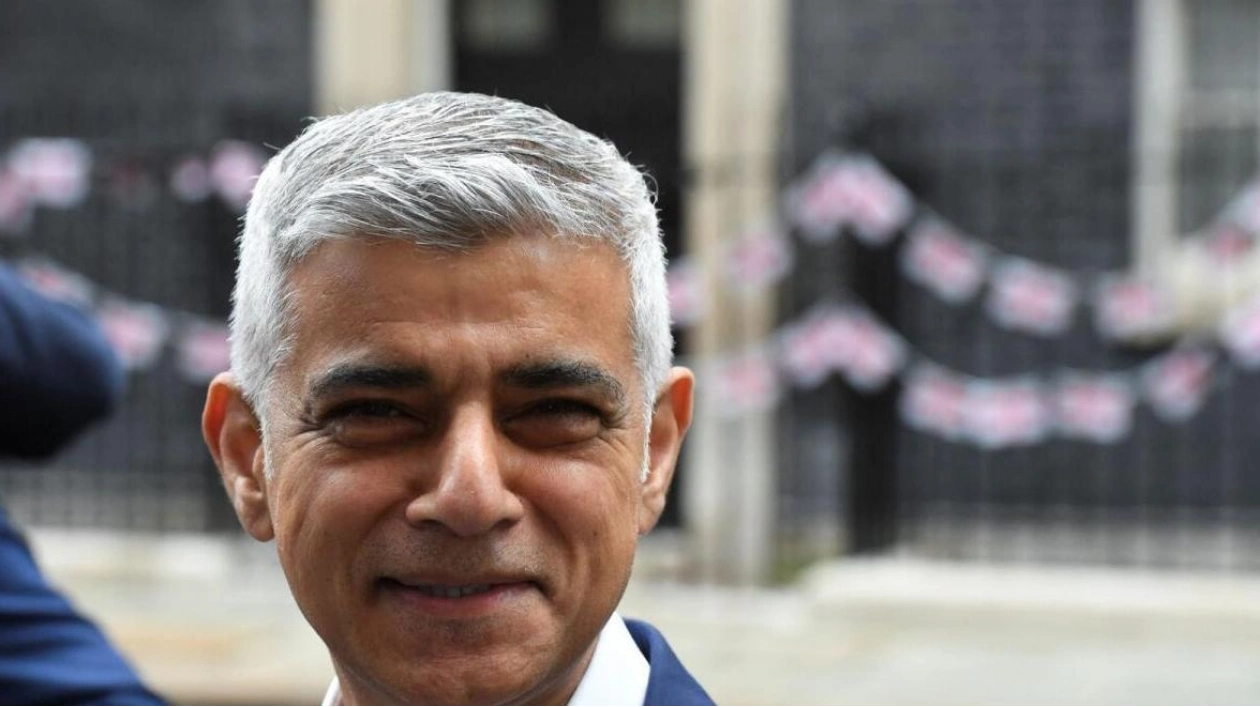
Text: Lara Palmer
25.07.2024
Report shows significant drop in harmful air pollutant levels since ULEZ expansion

